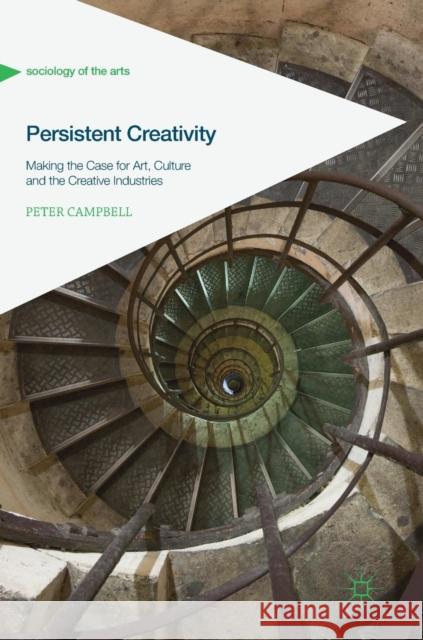Persistent Creativity: Making the Case for Art, Culture and the Creative Industries » książka
topmenu
Persistent Creativity: Making the Case for Art, Culture and the Creative Industries
ISBN-13: 9783030031183 / Angielski / Twarda / 2019 / 290 str.
Kategorie:
Kategorie BISAC:
Wydawca:
Palgrave MacMillan
Seria wydawnicza:
Język:
Angielski
ISBN-13:
9783030031183
Rok wydania:
2019
Wydanie:
2019
Ilość stron:
290
Waga:
0.51 kg
Wymiary:
21.01 x 14.81 x 1.91
Oprawa:
Twarda
Wolumenów:
01
Dodatkowe informacje:
Wydanie ilustrowane











